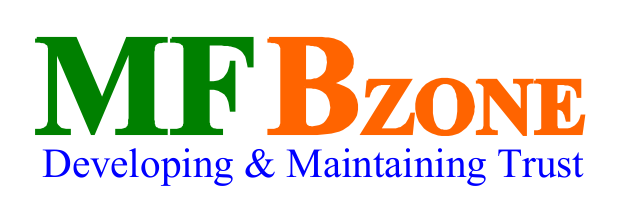
Research and Development
Research and development (R & D) service providers perform original investigation or apply research findings to gain new knowledge; they use this knowledge to create new or improved technologies intended to provide a competitive advantage for the business or organization which has requested their services. Industrial R & D is specifically defined as the process of obtaining new knowledge that will eventually result in new or improved products, processes, systems, or services that will benefit the company's sales or growth.
Research and development is similar to engineering but is a distinct process with unique goals. R & D creates knowledge, develops designs, and moves on to creating — and proving the feasibility of — prototypes and samples. Engineering, which follows R & D, converts these samples into marketable or economically feasible products or processes.
R & D may be defined as three separate sub-processes: basic research, applied research, and development. Each of these may be more or less prominently involved in the research and development process, depending upon the scope and type of project.
Basic research attempts to attain a fuller knowledge or understanding of the research subject. In an industrial sense, basic research is used to further knowledge about a subject without a specific commercial objective.
Applied research involves investigation aimed at discovering new knowledge related to a specific commercial objective involving products, processes, or services.
Development is the application of obtained research to the production of useful or commercially viable materials, products, devices, systems, or methods. This also includes the production of prototypes and sample processes.
Research and development service providers are a form of external R & D, meaning they specialize in contracting with manufacturers and businesses to provide specialized research and development. This is in contrast to internal research and development which is performed in-house at a company laboratory or test facility. Joint R & D, a third type, is performed between various companies or organizations acting as a consortium to further a specific industry or technology.
Company is sole owner of technology; benefit of developing internal learning for future R & D.
Specialization and efficiency of R & D provider; little to no equipment cost; lower overall costs (esp. with non profits).
Time and resources in setting up corporate labs; likelihood of having to hire out research talent to augment team.
No in-house learning; possible dependence on the contractor; potential difficulties with technology transfer.
Industrial research and development is typically performed as a part of a large project with specific technical or business goals, assigned personnel, and time and money constraints. Project managers must determine whether contracting a research and development house will contribute to their long-term investment and probability of success.
In many instances, unique technology required to undertake a project or produce a product is available on the marketplace, albeit for a price. For this reason, corporate management or project managers should perform a "make or buy" analysis when justifying the time and resources necessary for an R & D service, as opposed to simply finding and purchasing the technology. Four factors must be considered as part of this analysis:
if the technology can be safeguarded as proprietary and eventually patented, its value to the company will be much higher and R & D resources can easily be justified.
if market growth is slow, R & D is probably the best option for obtaining new technology. If market growth is faster, the R & D process will likely be too long and costly to benefit the company or project.
investing in any R & D work is inherently risky. Careful forecasting and monitoring must be performed to maximize decision-making accuracy
R & D involves a substantial up-front investment and longer periods of negative cash flow than simply purchasing the rights to a technology. The project should be analyzed with this fact in mind.
Dedicated R & D houses typically specialize in a certain type of engineering or industrial market. These can include
- ➤ Aerospace.
- ➤ Biomedical (BME).
- ➤ Chemicals/materials.
- ➤ Electrical/electronic.
- ➤ Environmental.
- ➤ Geotechnical.
- ➤ General industrial.
- ➤ Mechanical.
- ➤ Nuclear.
- ➤ Petroleum.
- ➤ Software/systems.
